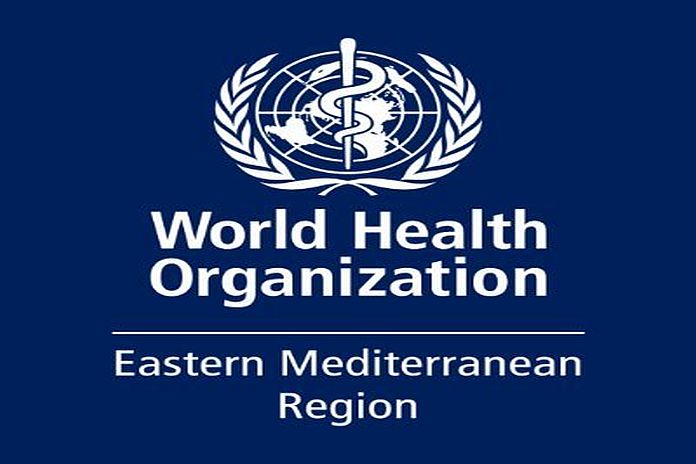GAZA – Once again, nowhere is safe in Gaza. The World Health Organization (WHO) is gravely concerned about the resumption of hostilities, including heavy bombardment in Gaza, and reiterates its appeal to Israel to take every possible measure to protect civilians and civilian infrastructure, including hospitals, as per the laws of war.
We have seen what happened in northern Gaza. This cannot be the blueprint for the South. Gaza cannot afford to lose another hospital as health needs continue to soar.
As more civilians in southern Gaza receive immediate evacuation orders and are forced to move, more people are being concentrated into smaller areas, while the remaining hospitals in those areas run without sufficient fuel, medicines, food, water, or protection of health workers.
WHO and other partners are less able to provide support, given dwindling access to our supplies or any assurance of safety when we move supplies or staff.
On Monday morning, WHO was contacted with advice to move as many medical supplies as possible from a warehouse in Gaza, situated in an area ordered to be evacuated. Access to storage could become challenging over the coming days due to ground operations.
Intensifying military ground operations in southern Gaza, particularly in Khan Younis, are likely to cut thousands off from health care – especially from accessing Nasser Medical Complex and European Gaza Hospital, the two main hospitals in southern Gaza – as the number of wounded and sick increases.
Lack of access would also limit WHO’s ability to deliver aid to these hospitals.
About 1.9 million people, nearly 80 percent of Gaza’s population, are estimated to be internally displaced. Recent evacuation orders cover 20 percent of Khan Younis and localities east of Khan Younis, which prior to the hostilities were home to nearly 117 000 and 352 000 people, respectively.
In less than 60 days, the number of functioning hospitals has dropped from 36 – 18. Of these, three are only providing basic first aid, while the remaining hospitals are delivering only partial services. Those able to admit patients are delivering services well over their intended capacities, with some treating two to three times as many patients as they were designed for. The 12 hospitals that are still operational in the south are now the backbone of the health system.
On a recent visit to Nasser Medical Complex in Khan Younis, the WHO team described the situation inside as catastrophic, with the building and hospital grounds grossly overcrowded with patients and displaced people seeking shelter. The emergency ward is overflowing with patients. There is a shortage of health workers compared to the overwhelming needs. Those who are available have been working non-stop and are exhausted. Many patients are being treated on the floor. Bed capacity has been overwhelmed. Patients and families sheltering at the hospital are scared for their security.
Disease surveillance systems are hampered, but syndromic surveillance has noted increases in infectious diseases, including acute respiratory infections, scabies, jaundice, diarrhoea, and bloody diarrhoea. Shelters in the south are also reporting cases of acute jaundice syndrome, a worrisome signal of hepatitis.
From 7 October to 28 November, WHO recorded an unprecedented number of attacks on health care: 203 attacks on hospitals, ambulances, medical supplies, and the detention of healthcare workers. This is unacceptable. There are means to protect civilians and civilian infrastructure, and they should be instituted.
The only viable solution is a sustained ceasefire.





